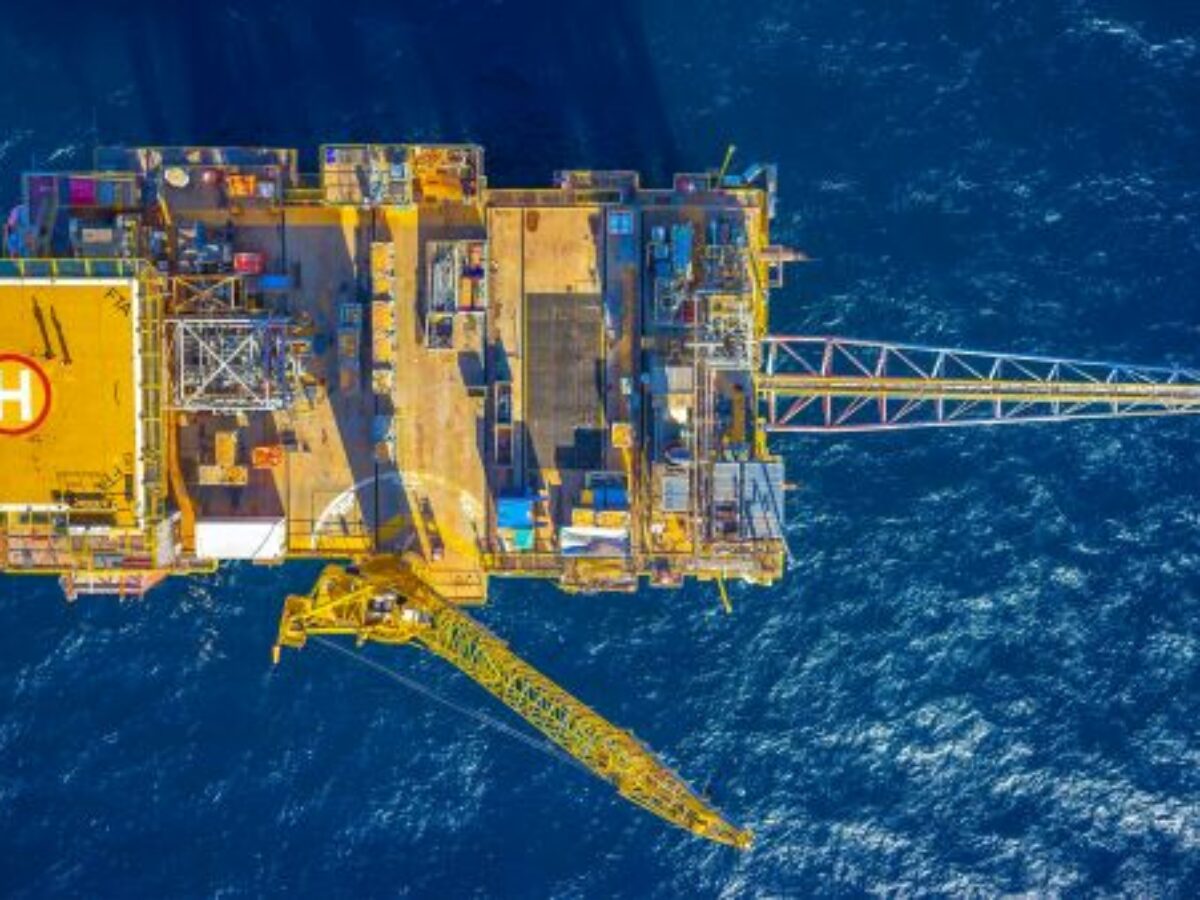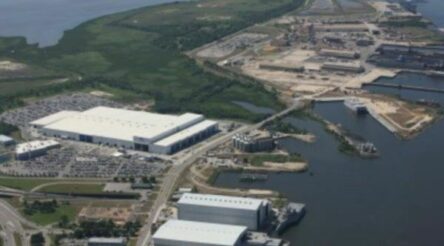Celebrating Australian sovereign capability – the future of Bass Strait gas, by Shane West

Yesterday in our editorial series, Celebrating Australian sovereign capability, Shane West examined procurement, fuel self-sufficiency and the role of the NRF. Today he looks to the future of Bass Strait gas.
Australia’s security of supply issue for domestic gas users especially to the east coast has been exacerbated by ExxonMobil Bass Straits gas supply and closure of the Altona refinery.
A still-major source of gas are the Bass Strait oil fields owned by Exxon and non-operating partner Woodside – yet their future, and those of industries that process gas is uncertain.
Exxon has previously requested bids for the sale of its Bass Strait assets including an ongoing refinery, with bids due in full by 15 October 2020.
However, six weeks after the deadline, Exxon decided not to sell, possibly due to the toughened remediation/environmental requirements.
Now management has decided in their interest, not Australia’s, to close the refinery.
With aviation fuels, bitumen, ethane, plastics, CCS and hydrogen potential there is now much more at stake than the low emissions, conventional unfracked gas supply that Bass Strait offers.
Conditions of operation of Bass Strait should have been for the ongoing domestic supply of crude oil and condensate to continue to be supplied to local refineries.
While environmental legacy, remediation and emission reduction measures needed to be reinforced, the need to keep the refining and Ethane processing facility operating was also essential for plastic recycling in an Australian circular economy plastics operation.
Consideration to the closure of the Altona refinery based on Exxon not wishing to expend funds on upgrading the refining facilities at Altona to produce low emission fuels required under environmental grounds was not in Australia’s interest.
The failure to upgrade the refinery and ultimate loss of ability to refine crude and condensate is a substantial change of operations that now requires government overview and revised conditions of operation imposed.
This will also mean that Exxon accepts a need to pay tax.
The future gas only operation requires far less technical and mechanical expenses than the production of oil, and both Kipper and West Barracoota have large reserves feeding into existing pipelines. Writing off tax and delivery through Singapore should be very limited.
The stated intent of the continued offtake of the natural resources of oil and gas in the Bass Strait has always been intended for major domestic supply.
The Bass Strait conditions of contract must now be revisited by the Victorian state government and federal government to legislate revised conditions of operation to include domestic gas and oil reservation in alignment with NSW’s conditions of operations on the Santos Narrabri gas field, that is not to send it by pipeline to Gladstone to be sold at export parity.
With the new conditions of operation Exxon and Woodside may consider the sale of the Bass Strait asset to a new consortium that would activate new economic activities such as plastic manufacturing and hydrogen production.
Shane West has been a director and consultant with Environmental Sciences Australia Pty Ltd for 30 years. Shane has been a local manufacturer of technology, and published research ranging from the heat treatment of cooling towers to the manufacture and commercialisation of sustainable daylighting and natural ventilation products such as the SkyVent. Shane has a PhD in Sustainable Technologies and Methodologies from UTS.
Picture: exxonmobil.com.au/Bass Strait
@AuManufacturing’s editorial series – Celebrating Australian sovereign capability – is brought to you with the support of Nova Systems and Titomic.
@aumanufacturing Sections
Analysis and Commentary Awards Defence Manufacturing News Podcast Technology Videos












